In this we will provide an overview of the typical eligibility criteria and fee structures for MA in Political Science programs in India. Additionally, students should explore scholarship opportunities and financial aid programs to make pursuing an MA in Political Science more affordable.
Eligibility Criteria & Fees Structure: M.A. in Political Science
Pursuing a Master of Arts (MA) in Political Science in India is a significant academic endeavor that opens up opportunities for in-depth study of political theories, governance, and international relations. Before embarking on this journey, it is essential to understand the eligibility criteria and fee structure, as these aspects vary across universities and institutions in India. In this we will provide an overview of the typical eligibility criteria and fee structures for MA in Political Science programs in India. Additionally, students should explore scholarship opportunities and financial aid programs to make pursuing an MA in Political Science more affordable. Ultimately, understanding the eligibility criteria and fee structure is a crucial step in the admission process and helps in planning for higher education in India.
Eligibility Criteria: The eligibility criteria for admission to an MA in Political Science program in India generally encompass the following aspects:
Educational Qualifications: Applicants are typically required to hold a bachelor's degree in Political Science or a related field from a recognized university. Some universities may accept graduates from various disciplines, but a background in social sciences or humanities is often preferred. The minimum percentage required may vary from institution to institution.
Entrance Exams: Many universities conduct entrance exams for admission to their MA programs. These exams evaluate the candidate's knowledge in political science and related subjects. Common entrance exams include those conducted by central universities like Jawaharlal Nehru University (JNU) and the University of Delhi (DU), among others.
Merit-Based Admissions: In addition to entrance exams, some universities also offer merit-based admissions, where candidates are selected based on their undergraduate academic performance. This may include considering the candidate's scores in the bachelor's degree and sometimes even their performance in interviews or group discussions.
Reservation Categories: Universities in India often follow a reservation policy based on caste, tribe, and other social categories as per government regulations. A certain percentage of seats are reserved for candidates belonging to Scheduled Castes (SC), Scheduled Tribes (ST), Other Backward Classes (OBC), and Economically Weaker Sections (EWS). It is essential for applicants to check the specific reservation policies of the university they are applying to.
Foreign/NRI Candidates: Some universities have separate admission criteria for foreign nationals and Non-Resident Indians (NRIs). They may require candidates to provide proof of citizenship or NRI status and have different fee structures.
Language Proficiency: Proficiency in the English language is usually required, as most MA programs are conducted in English. Universities may ask for English language proficiency test scores like IELTS or TOEFL for international students.
Fee Structure: The fee structure for an MA in Political Science in India can vary significantly depending on the university, its location, and whether it is a public or private institution. Here are some key points to consider regarding fee structures:
Public Universities: Public universities in India often offer subsidized tuition fees for Indian nationals. The fees are relatively lower compared to private institutions. However, the fee structure can still vary between states and universities. For instance, universities like JNU, DU, and Jamia Millia Islamia are known for their reasonable fee structures.
Private Institutions: Private universities and colleges generally have higher tuition fees compared to public institutions. The fee structure in private institutions can vary widely, with some prestigious private universities charging premium fees.
Scholarships and Financial Aid: Many universities offer scholarships, fellowships, and financial aid programs to eligible students based on merit or financial need. These can significantly reduce the financial burden of pursuing an MA in Political Science.
Hostel and Other Expenses: In addition to tuition fees, students should also consider expenses related to accommodation, books, research materials, and living costs. Hostel fees may vary based on whether the institution provides on-campus accommodation or not.
Additional Costs: Some universities may charge extra fees for laboratory work, field trips, library access, and other facilities. Applicants should inquire about these additional costs during the admission process.
Payment Options: Universities typically offer various payment options, including semester-wise or annual payments. Some institutions also allow for online payment methods, making it convenient for students.
Foreign/NRI Students: Foreign nationals and NRIs often have a different fee structure compared to Indian nationals. The fees for these students are generally higher than what Indian students pay.
 2 Years
2 Years
 Post Graduate
Post Graduate
 Arts
Arts

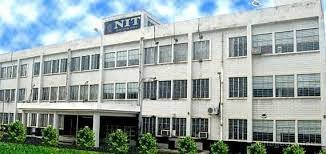
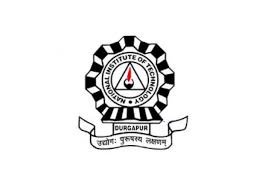
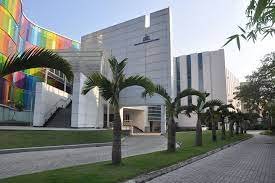
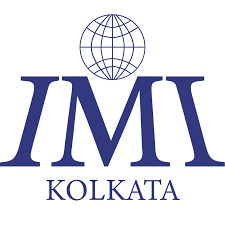
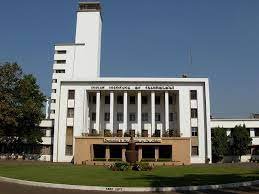
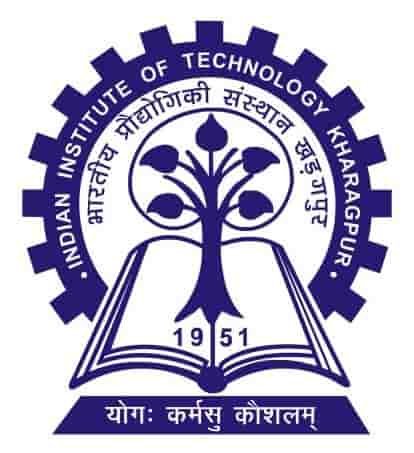
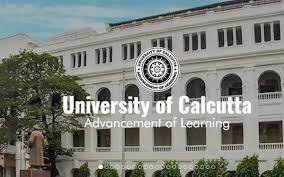
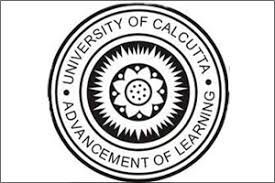
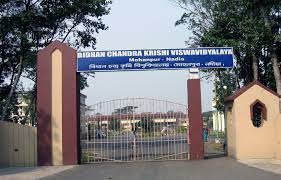
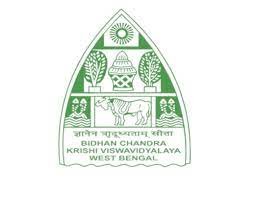
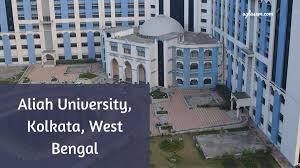
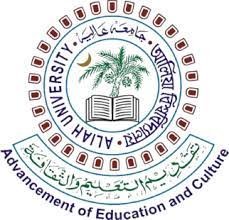

 back
back

